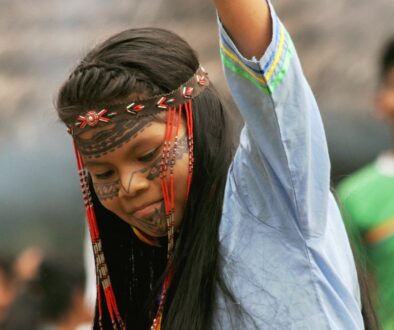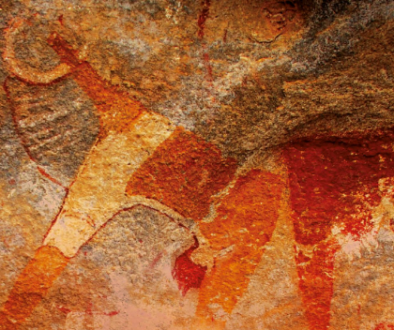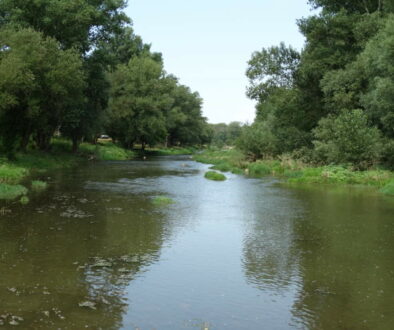New IUCN Resolutions to encourage cooperation with religious organisations and to support custodians and customary laws regarding sacred natural sites
Jeju, South KoreaSeptember 2012
The General Assembly of the International Union for the Conservation of Nature (IUCN), held in the island of Jeju, South Korea, approved two significant motions regarding the spiritual dimension of nature: the first encourages cooperation with faith organisations and networks, while the second on Sacred Natural Sites offers support for custodian protocols and customary laws in the face of global threats and challenges.
Motion M-009 requests the Director General of IUCN to encourage cooperation with faith-based organizations and networks that share the IUCN’s spirit and objectives in order to establish partnerships in conservation, sustainability, equitable sharing and use of resources and appropriate responses to climate change threats.
Motion M-054 calls on all IUCN State Members to recognize the rights of indigenous peoples to practise their cultural traditions and customs, (…); to engage indigenous peoples, local communities, faith groups and custodians of sacred natural sites and territories, to recognize their customary laws and cultural protocols in the management of sacred natural sites and territories, and to develop programmes that respect and endorse these customary laws and associated institutions (…). The Motion also urges State Members of IUCN and other national governments to develop appropriate policies, laws and programmes (…) that will allow custodians to continue, maintain and protect their sacred natural sites using their traditional practices and protocols (…), and recommends that all governments develop national legislation to makes these goals possible.
The motion on Sacred Natural Sites follows and develops a similar motion (Recognition and Conservation of Sacred Natural Sites in Protected Areas) approved at the last General Assembly held in Barcelona, Spain, in 2008. This year’s motion was approved by 100 percent of NGOs and 97 percent of the governments who voted.
See the final resolutions and recommendations in our documentation centre: >> Res 009. Encouraging cooperation with faith-based organizations and networks >> Rec 147. Sacred natural sites – support for custodian protocols and customary laws in the face of global threats and challenges







